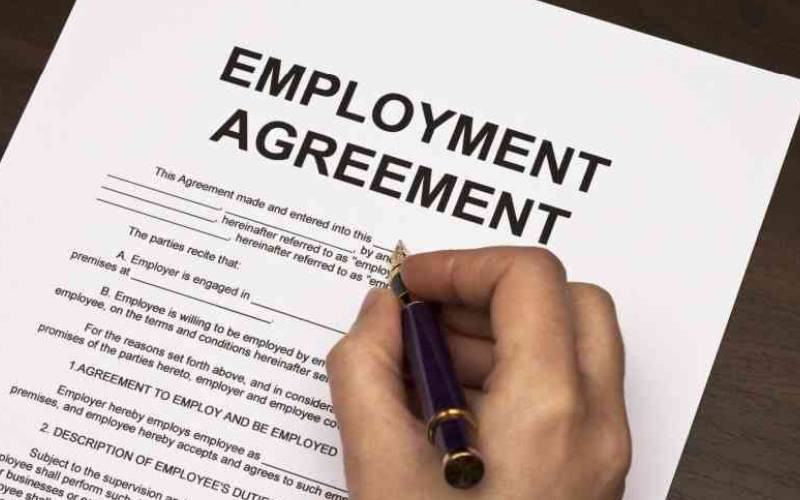×
The Standard e-Paper
Join Thousands Daily
When Devki Group opened its Sh7 billion plant in Ruiru, Kiambu County, last week, the firm’s chairman, Narendra Guru, asked the Government to address the proliferation of illegal imports from China, which he said were crippling the local steel industry.
“China has created an influx of cheap, counterfeit products in the country and our industries are finding it hard to grow,” he said.







